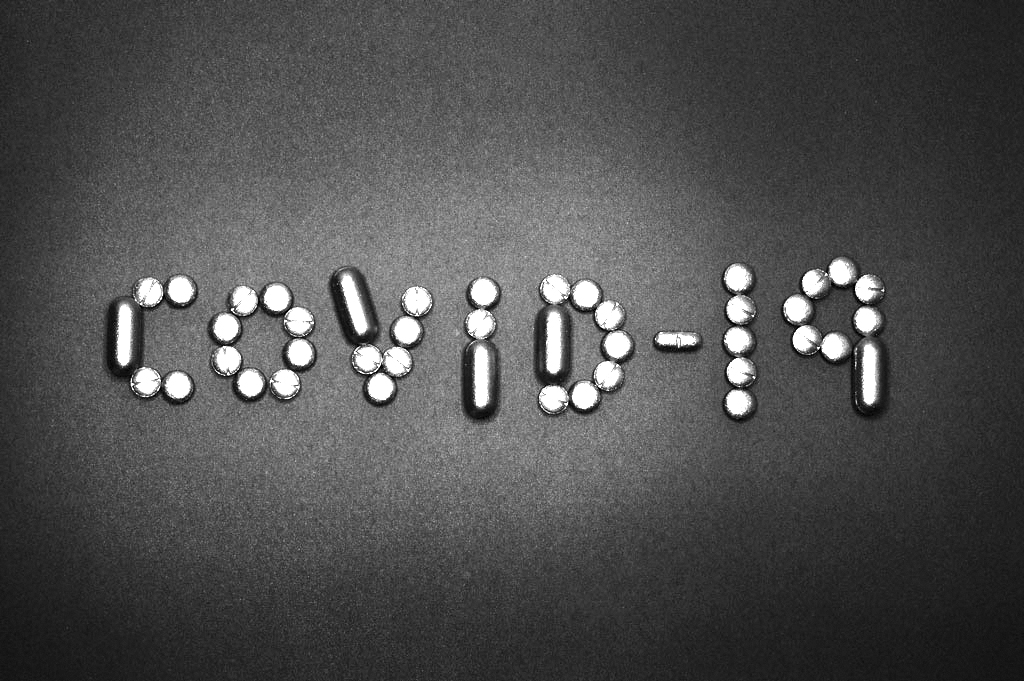Action-Snacked Year: Food Labeling Class Actions On The Rise
Consumer class action lawsuits targeting foods for alleged false and misleading labeling rose sharply in 2020. Although this trend may appear to threaten the food and beverage industry, courts are applying the “reasonable consumer” standard with a “real world” perspective, dismissing cases despite plaintiffs’ alleged subjective confusion about the labeling at issue because the hypothetical “reasonable consumer” would not have been misled.









